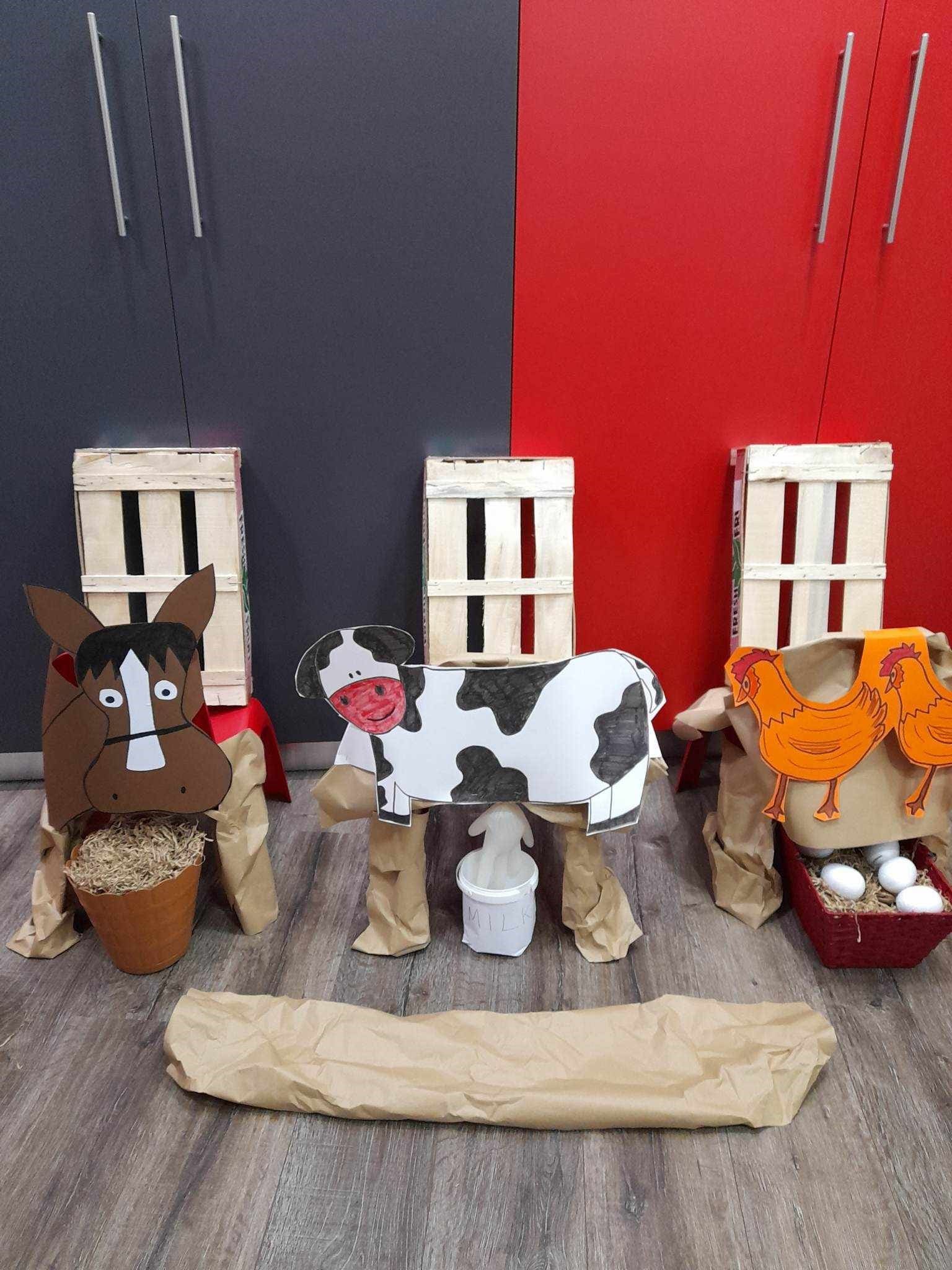Have you ever felt that your young learners' group is the most challenging audience to lure into a learning process? Well, we have been there, and as a result, we decided to create a friendly, realistic, and playful learning environment for our little friends.
By Sophia Lamprou and Vangelis Gogousis, Epikinonia FL School
This project was based on our need to foster a primarily student-centered course, enabling our students to assimilate and utilize vocabulary applied in real-life situations as well as everyday tasks. Our curriculum has been adapted to that of kindergarten. For instance, some thematic units are: traveling by plane or to space, playing sports, how to treat animals, a day on a farm, how to handle my feelings, doing an earthquake drill, going shopping, going to the cinema, and so forth. Thus, our syllabus includes different tasks so that all our pupils can get involved in the situation and have the opportunity to use the necessary vocabulary in each lesson with ease. The teacher’s role was purely consultative and functioned as a guide or helping hand with the aim of encouraging students to become lifelong learners and take charge of their learning journey as they engaged in the learning process. Our ambition was to make them feel like native speakers, acquiring the language and producing it spontaneously and effectively, as in an English-speaking country.
Of course, as with any theory in practice, this was not an easy task to address. We tried to apply a variety of teaching methods and approaches to meet the requirements of this venture and tailor it to our classes by adapting it to our students’ needs. Since our primary goal was for our students to enjoy the learning process, we made use of the Montessori method along with the Playway method. Therefore, hands-on learning and collaborative play (in pairs or groups) took place in our classroom, building social and practical life skills. Through a series of videos along with songs, children repeated and utilized the vocabulary related to the topic. Then, interactive games like flashcards and puzzles provided them with the opportunity to assimilate it. Moreover, during every lesson, they learned to make many different crafts and then presented their creations. Finally, our learning process was completed with the experiential part, during which students used all the aforementioned to participate and implement what they learned. For example, for the day-on-a-farm lesson, farm-related activities were carried out like milking a cow, feeding a horse, collecting eggs, and adopting roles (that of the farmer).
In such a fertile environment, you can imagine the positive impact that this had on our little protagonists! They became active participants and confident, positive learners as they were encouraged to follow their own initiatives. Up to the end of each lesson, they were capable of carrying out any task while talking only in English. Likewise, they developed 21st-century skills like collaboration, teamwork, creativity, and imagination, and there is no doubt that all these are as important as literacy! Above all, our initial goal was achieved; they loved the language!
As teachers, it was anticipated that we would face lots of challenges. Our duty was to engage our students’ attention so that any task could be carried out smoothly. Every lesson should be designed and organized thoroughly in order to live up to the expectations of any kind of learner- visual, auditory, and kinesthetic. More importantly, we should use relevant and engaging topics that develop and build their mindset according to their age and interests while keeping them motivated. Good cooperation and teamwork, along with our common passion, led us to overcome any unexpected difficulties. Both teachers and students learned to be creative and think outside the box. One of my favourite quotes by Aristotle says, ‘Give me a child until he is seven, and I will show you the man’. So, if you ask me how we imagine ourselves as teachers ten years from now, I would definitely say that we will always be supporters of younger generations, ready to help them nurture their unique characters and allow them to flourish!
